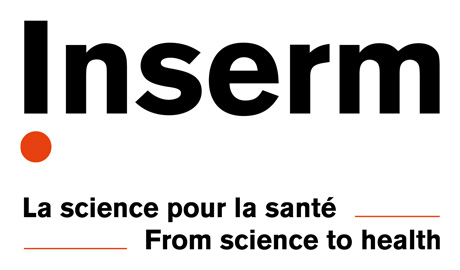





Type of contract CDD
Location Dijon,
Statut Recrutement en cours
Key Words
Details of the offer
Type of job
Type of contract CDD
Application deadline
Employment start date
Contact
Ville | Dijon |
Pays | France |
Texte de l'offre | Rare neurodevelopmental disorders are responsible for 5-10% of health care costs and are a leading cause of referrals to pediatric, neurological and genetic counseling services. One of the most prevalent and severe neurodevelopmental disorders is intellectual disability. It affects 1-3% of the population and yet despite its high prevalence, intellectual disability is also one of the least understood and the least investigated of all health problems. This thesis deals with the problem of the «missing» (as yet unidentified) genes in syndromic forms of intellectual disability.
The general aim of the project is: i) to identify novel human cognition genes by screening abnormal morphology of the mouse brain in a high-throughput manner; and ii) to better understand physio-pathological mechanisms underlying malformations of the developing brain.
The student will use several cellular models as well as in vivo approaches in the mouse (in utero electroporation techniques, knock-in and knock-out mouse models). In brief we propose a multidisciplinary approach to advance our understanding of the genetics of intellectual disability and other rare neurodevelopmental disorders, ultimately aiming to improve molecular diagnosis and genetic counseling in affected families. |
Date de fin de publication : | 15/05/2021 |
Type d'emploi | Thèse - PhD |
Type de contrat | MRT |
Rémunération brut mensuelles | 1500 |
Date limite de candidature | 15/05/2021 |
Date début de fonction | 01/10/2021 |
Information contact |